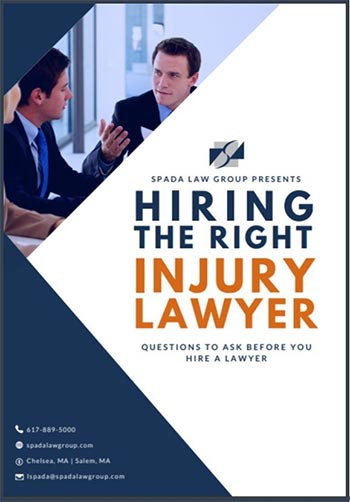
Sitting by a fire on a summer night with friends and family is one of my favorite summertime activities. There’s no experience that truly captures the joy of summer quite like sitting around a fire pit with friends and family. Conversations, the laughter, the music, stargazing all combine to make for a perfect end to a beautiful summer day. I'm a huge fan! So, trust me when I say, I do not mean for this cautionary blog to discourage the use of fire pits or campfires, only to make sure everyone stays safe while enjoying the beauty of the fire. As a personal injury lawyer, I have seen some horrible injuries from fire pit gatherings gone wrong. In fact, The Consumer Products Safety Commission reports that the number of emergency room visits resulting from fire pit injuries tripled from 2008 to 2017. A quarter of victims are children under the age of 5.
If you start a fire pit at your home, remember that you are responsible for everyone’s safety and could face legal liability if anyone is injured. You must make sure the fire is properly set, supervised, maintained, and eventually extinguished. Here are important safety rules to follow at all times:
Top 9 Firepit Safety Tips for Summer Fun
-
Know the Wind Conditions
Before you begin your campfire fun, check the weather forecast. If wind will be a factor, consider postponing the fire for another, calmer night. Wind over 10mph (if not blocked by surrounding structures or landscape) can turn a fun evening into an amber and smoke dodging event that can quickly turn dangerous. Advise guests to sit on the upwind side of the pit to keep clear of the smoke.
-
Proper Fire Location
Your firepit should be located away from structures and in an open area. Never light your fire pit when it's underneath an overhang of a building or under trees. Also, keep yard waste and other flammable materials away from the pit. Sparks and embers can blow out of the fire and ignite nearby structures, dry wood, leaves, or other debris.
-
Use Proper Fuel
Use seasoned hardwood kindling and logs. Softwoods like pine burn less efficiently and can give off more sparks and smoke than harder woods, You should never burn construction materials like plywood, MDF, pressure-treated boards and posts, or chemically treated wood pallets. Construction lumber is treated with chemical resins, adhesives, and other substances that emit toxic fumes when burned.
-
Be Ready to Quickly Extinguish the Fire If Necessary
You should always keep a shovel and water at hand, just in case a fire breaks out outside of the pit. In an emergency, you can use the water to douse the fire and the shovel to smother the flames by throwing dirt on them. And be sure to teach kids to "stop, drop, and roll" in the event that their clothes catch fire.
-
Keep Your Distance
Common sense, right? But once the night gets colder or the smores start up, people tend to get closer. That's when hair, clothes, or other materials can catch fire. Stay a safe distance, keep your hair and clothing close and use a fire screen if you have one.
-
Never Leave the Fire Unattended
More common sense but many people figure it’s safe if the fire appears contained to the pit. Wrong! Even after a fire has died down tiny flames can still be a threat to your safety—after all, almost-extinguished fires have been responsible for some of the most severe wildfires in U.S. history. Pour water over live embers and turn logs to make sure all sides of the wood have stopped burning before you call it a night.
-
Drink Responsibly
Alcohol consumption by the fire might be as common as hot dogs and smores but is so much more dangerous. Fire and alcohol don't mix. Not only is alcohol flammable, but alcohol impairs coordination, judgment, and reflexes, which could result in injuries to anyone gathered around the perimeter of a fire. If you or your guests are going to drink by an open fire, do so in moderation.
-
Don’t Allow Horseplay Around the Fire.
Don’t let kids run around near the fire, don’t let teenagers dare each other to jump over the open flames, and don’t let your tipsy friend dance near the fire pit.
-
Don’t Throw Anything Into the Fire.
Boston and many other areas of Massachusetts have regulations strictly prohibiting the burning of trash. Furthermore, two of the most serious fire-related injuries we have seen at Spada Law Group were the result of someone throwing garbage in a fire and causing an explosion. Both times our clients were burned when an aerosol can was thrown into the fire and exploded. The injuries were severe and permanently disfiguring. I can’t stress this point enough, burn wood only!
Many people who have been injured by an outdoor fire don’t file a personal injury case because they don’t want to sue their friend or make them pay for the medical bills. The truth is it’s the homeowner’s insurance that will pay for damages, not the homeowner themselves. Accidents like these are exactly why people pay for homeowner’s insurance.
If you or a family member were injured by a fire pit in someone else’s backyard, call 617-889-5000 now. Our team at Spada Law Group have experience handling burn injuries and can help you get the compensation you deserve.



